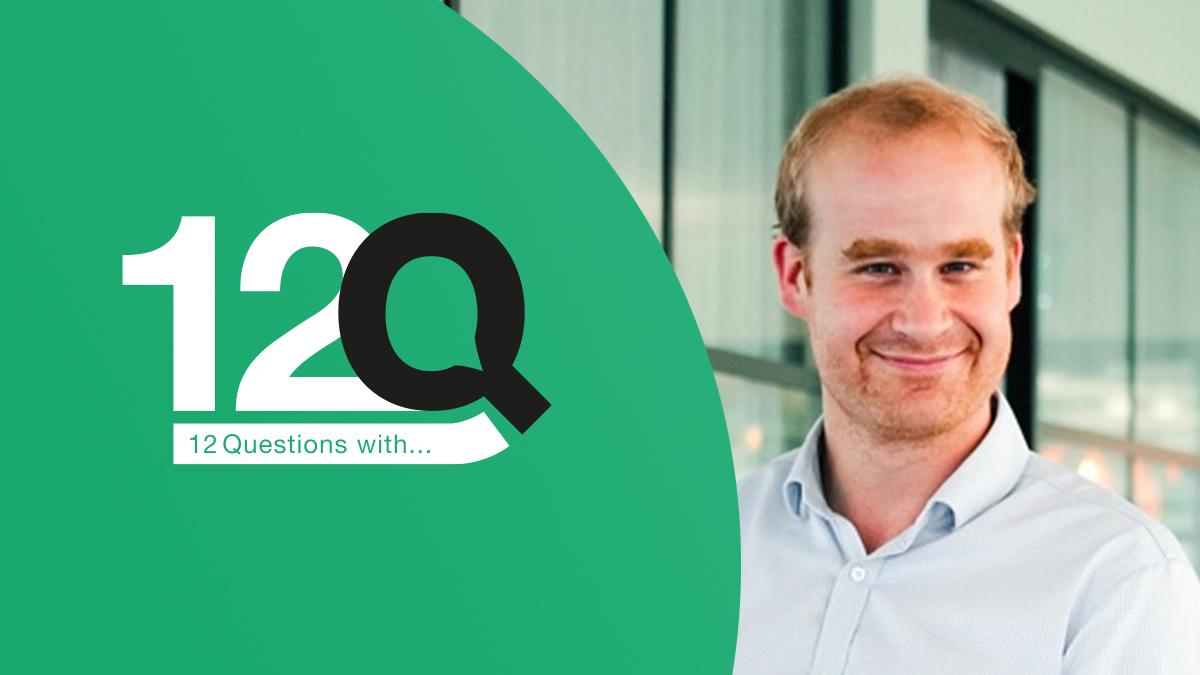Exscientia trims pipeline to focus on top cancer prospects

UK biotech Exscientia has tapped the brakes on the rapid expansion of its R&D pipeline, narrowing its in-house activities to oncology programmes that it says offer the greatest chance of making a difference to patients.
The specialist in applying artificial intelligence to drug discovery is zeroing in on its CDK7 and LSD1 programmes, currently at or near the clinical trials stage, and will offer some others up for partnering.
That includes its adenosine A2a receptor antagonist EXS21546, currently in the phase 1/2 IGNITE trial in kidney and lung cancers, which will now be wound down.
Its partnered projects – including a recently signed $674 million alliance with Merck KGaA in cancer and immunology – are unaffected by the change in strategy.
Exscientia’s founder and chief executive, Professor Andrew Hopkins (pictured top), said the intention is to focus on “well-understood development challenges where our platform can have a clear impact that, if successful, would lead to significant therapeutic benefit.”
“Today’s decision allows us to […] focus on those programmes of highest value and differentiation, while deprioritising projects internally that may be in better hands with a strategic partner,” he added.
On the A2A decision, the biotech said that, while the premise behind the programme remains sound, the profile of the lead drug means it will be “challenging […] to reach a suitable therapeutic index.”
Balancing safety and efficacy has been an issue with other A2A drugs, including, for example, Acorda’s tozadenant and MSD’s preladenant, but the biotech said it thinks the A2A programme could still flourish with another owner.
The company told pharmaphorum it has already designed a backup programme of molecules with improved properties and will be looking for a partner with immunotherapy assets in its pipeline to take them forward.
Other companies working on A2A antagonists include Arcus/Gilead with etrumadenant – recently dropped for prostate cancer, but still in trials in colorectal cancer – as well as MSD/Portage, Corvus, AstraZeneca, and Bristol-Myers Squibb.
Exscientia’s in-house efforts will now be led by CDK7-targeted GTAEXS617, currently in the phase 1/2 ELUCIDATE trial in advanced solid tumours, including cancers of the head and neck cancer, breast, lung, pancreas, ovaries, and colorectal tract.
The company is also prioritising LSD1 inhibitor EXS74539, with an application to start trials expected early next year and indications likely to include small cell lung cancer (SCLC) and acute myeloid leukaemia (AML).
There’s no firm news yet on the MALT1 programme currently in late-stage preclinical development, but the company said it remains “excited” about the mechanism and has data to share at the upcoming ESMO meeting. A further update is expected in early 2024.
The narrowed focus means that Exscientia’s current cash reserves of almost $509 million as of the end of the first half of this year will provide operating funding “well into 2026”.
It also mean that the company will remain “well-capitalised through the potential achievement of multiple clinical and partnership milestones,” said Hopkins.













